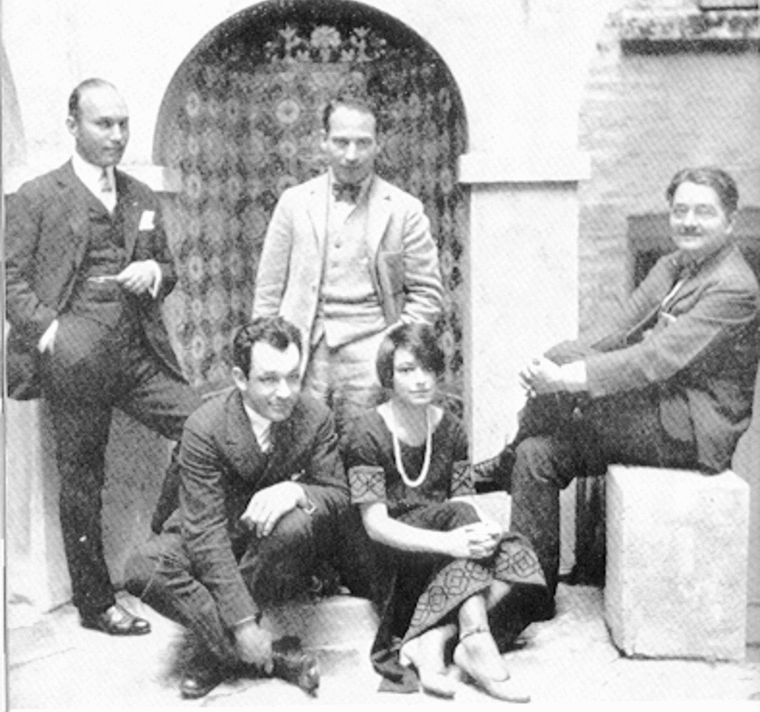Listen to this episode on Apple Podcasts.
Columnist, poet and celebrated Algonquin Roundtable wit Dorothy Parker spent years in Hollywood, working as a screenwriter in partnership with her second husband, Alan Campbell, and contributing to important films such as the original A Star is Born and Alfred Hitchcock’s Saboteur. Much to the surprise of many of her closest friends, beginning in the late 1920s Parker became increasingly drawn to socialist causes. Parker’s political calling was merely socially problematic before World War II, when Parker spearheaded the formation of the Hollywood Anti-Nazi League; after the war, when Parker’s name was named before HUAC, her political convictions killed her Hollywood career at its peak.
Show notes:
Here is a list of published sources that the entire season draws from:
The Red and the Blacklist: An Intimate Memoir of a Hollywood Expatriate by Norma Barzman
Dalton Trumbo: Blacklisted Hollywood Radical by Larry Ceplair and Christopher Trumbo
Trumbo: A biography of the Oscar-winning screenwriter who broke the Hollywood blacklist by Bruce Cook
When Hollywood Was Right: How Movie Stars, Studio Moguls, and Big Business Remade American Politics by Donald T. Critchlow
Odd Man Out: A Memoir of the Hollywood Ten by Edward Dmytryk
City of Nets by Otto Friedrich
Hollywood Radical, Or How I Learned to Love the Blacklist by Bernard Gordon
I Said Yes to Everything by Lee Grant
Army of Phantoms: American Movies and the Making of the Cold War by J. Hoberman
Naming Names by Victor S. Navasky
Sources specific to this episode:
Dorothy Parker: What Fresh Hell Is This? by Marion Meade
Showman: The Life of David O. Selznick by David Thomson
“Dorothy Parker: Hemingway Really Hated Her!” by Jennifer Wright on The Gloss
This episode includes clips from A Star is Born (1937) and Saboteur.
The scene excerpted from Mrs. Parker and the Vicious Circle.
Parker’s poem “Women: A Hate Song” was read by Carol Monda.
